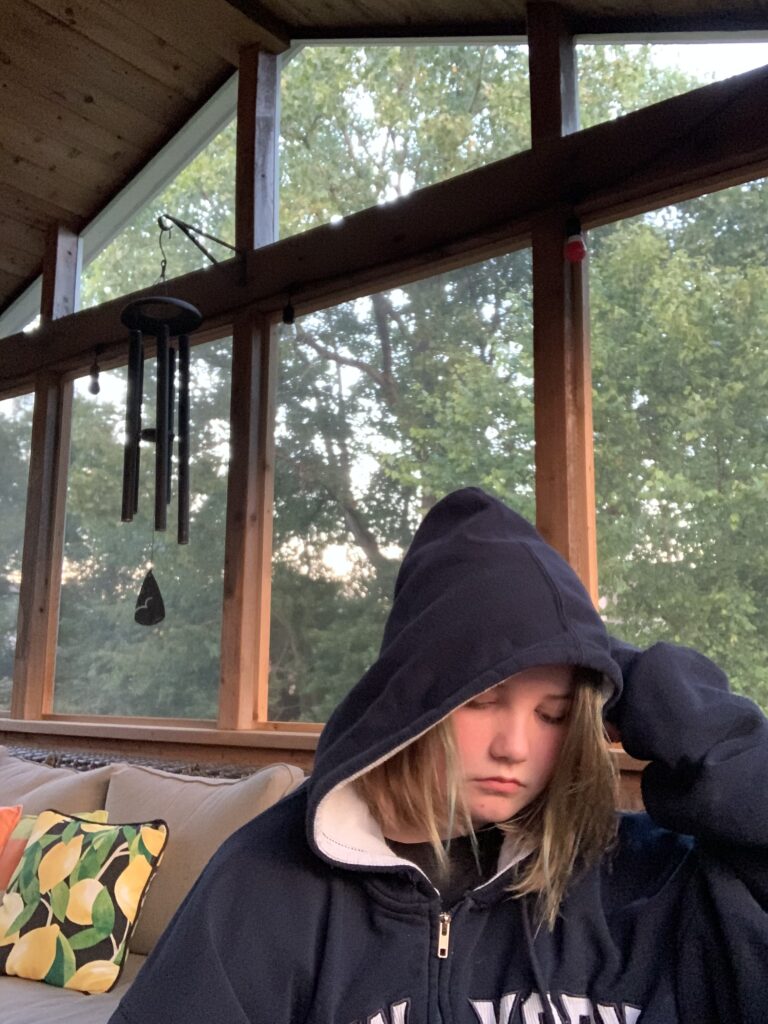
This is the third in a series of guest blog posts by my 10 year old daughter, Zoe. Be sure to read her other “kid’s eye view” posts, too.
I feel like older kids, tweens and teens are underrated and under-appreciated by many adults. Many adults don’t realize that kids these days are under a lot of pressure.
First of all, this is the time that school gets really stressful, whether it’s from peers or academic pressure. So when kids come home and get yelled at for forgetting to do the dishes and they already feel like they need to do their homework — sure, they may lash out.
Next time your kid comes home from school, even if they didn’t do the dishes, say something nice like “how was your day?” You may be surprised about the feedback you receive.
Make sure you’re not pressuring your kids too much to do chores. Don’t yell at them if they don’t do them. Instead, ask politely if they would like to help out. Once in awhile, give them a break and do their chores for them. Trust me, you’ll be surprised at how nice they are back.
The reason tweens and teens are sometimes moody is because of all the pressure. Whether in middle school or high school, this is the age that parents think kids are old enough to do more and bigger chores around the house – but that can feel overwhelming along with the other stress.
If your kid is a teenager, then they also have the stress of looming adulthood. They have a lot of school work in middle and high school, and then they have to work on college applications, which is very stressful. To treat themselves, they may want to go out with friends or to a party – but often parents stand in the way.
When you don’t give them these privileges and tell them that they’re too young to watch a certain movie or go out, that can be very confusing and send mixed messages. Are they an adult, or are they too young to do something fun and have privileges?
I guarantee when you were a teenager yourself, you were just as moody and you felt these same emotions. A little empathy and compassion can go a long way toward bridging family relationships.
Next time you come home from work and the dishes aren’t done, look at your kid and for once, say something positive. You’ll be surprised at the impact it can make.
Note from Lewis Center Mom: Some moodiness is normal, as Z noted. However, kids can be good at hiding or masking feelings of stress, anxiety or sadness from even those closest to them. If your child seems unusually moody or you’ve noticed changes in behavior, please trust your gut and seek support. We are proud ambassadors of the #OnOurSleeves campaign to end stigmas around children’s mental health.



